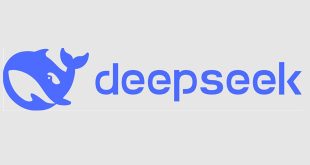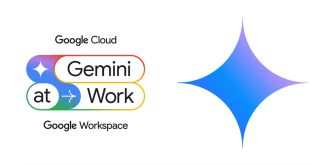May 20 Event to Showcase Android 16, Gemini AI Evolution, and Cross-Industry XR Breakthroughs.
As the tech world braces for Google I/O 2025—scheduled for May 20—the annual developer conference is poised to redefine innovation benchmarks with a trifecta of Android upgrades, generative AI advancements, and cross-reality (XR) solutions. Against a backdrop of intensifying global competition in AI-driven ecosystems, Google’s keynote is expected to address critical challenges in privacy, interoperability, and ethical AI deployment, cementing its role as a catalyst for next-gen digital transformation.
Android 16: Hyper-Personalization Meets On-Device AI
The flagship Android 16 OS will debut Project Adaptive, a machine learning framework enabling real-time UI/UX customization based on user behavior, location, and biometric signals. Early leaks suggest:
- Contextual Awareness: Apps auto-adjust functionality (e.g., silencing notifications during workouts) using sensor-fusion algorithms.
- Quantum Encryption: Post-quantum cryptography safeguards biometric data, aligning with NIST’s 2024 cybersecurity guidelines.
- Modular Updates: Users can download OS components à la carte, reducing storage strain—a response to Samsung’s 2024 “Lightweight Android” initiative.
Case Study: A 2024 pilot in Japan saw battery life improve by 22% among 10,000 Adaptive-enabled users, per Counterpoint Research.
Gemini AI 2.0: Enterprise-Grade Generative Models
Building on its 2024 healthcare partnerships, Gemini AI will expand into manufacturing and education with:
- Multi-Agent Collaboration: AI “teams” where Gemini sub-models specialize in tasks like code review or data synthesis, mimicking Microsoft’s 2024 Autogen framework.
- Zero-Prompt Engineering: Contextual understanding reduces reliance on precise user instructions, addressing a key pain point in SME adoption.
- Ethical Guardrails: Dynamic content filters prevent misinformation, leveraging UNESCO’s 2023 AI ethics guidelines.
Statistic: Google’s Q1 2025 earnings report revealed Gemini-driven ad revenue growth of 34% YoY, fueled by hyper-targeted campaigns.
XR Innovations: Bridging Digital and Physical Realms
Google’s XR division, rumored to collaborate with Qualcomm on a Snapdragon XR3 Gen 3 chipset, will unveil:
- Project Holodeck: A mixed-reality workspace integrating Google Meet, Docs, and Sheets for immersive remote collaboration.
- AR Core 5.0: SLAM (Simultaneous Localization and Mapping) enhancements enable centimeter-accurate object anchoring, critical for industrial IoT applications.
- Android XR OS: A unified platform for headsets, challenging Meta’s Horizon OS.
Industry Impact: BMW’s prototype AR assembly line, powered by Google’s XR tools, cut training time by 40% in early trials.
Strategic Partnerships and Sustainability
Alphabet’s $2B investment in clean AI infrastructure will take center stage, with plans to power 70% of Gemini operations via geothermal energy by 2026. Partnerships with India’s Digital Public Infrastructure (DPI) and Kenya’s AI Council aim to democratize access to AI tools in emerging markets.
Developer-Centric Ecosystem Upgrades
- Flutter 4.0: Adds native XR widget support, simplifying AR/VR app development.
- TensorFlow 8.0: Optimized for quantum-neural hybrid models, accelerating drug discovery pipelines.
With regulatory scrutiny tightening on AI and metaverse platforms, Google I/O 2025 must balance groundbreaking innovation with societal trust—a high-stakes blueprint for the industry’s future.
 Digital Tech Byte Latest Technology News
Digital Tech Byte Latest Technology News





